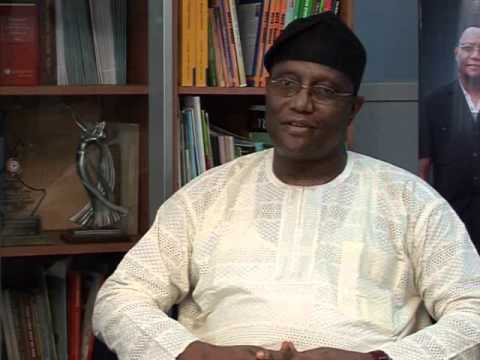NIGERIA
The naira could extend its gains against the greenback next week on expected dollar sales by the state-owned energy company NNPC and some major oil firms.
| Nigerian currency |
The naira has been well supported since last week by higher than expected volumes of dollars sold by energy companies and central bank measures to limit dollar cash sales by banks to bureaux de change.
"With NNPC still expected to sell its usual month-end dollar sometime next week, we could see the naira trade flat and possibly gain when the NNPC funds come in," Citibank Nigeria wrote in a research note on Thursday.
Nigeria's central bank will issue 99.83 billion naira ($628.38 million) in Treasury bills on Nov. 7.
"We see more oil companies coming to the market next week and with expected dollar flows from some offshores buying Treasury bills, the naira should trade within 158.6-159," one dealer said.
ZAMBIA
The kwacha is expected to be on the back foot next week, dragged down by reduced dollar inflows and the country's recent credit rating downgrade.
At 0942 GMT commercial banks quoted the currency of Africa's leading copper producer at 5.465 per dollar from a close of 5.300 on Wednesday last week.
"The kwacha is likely to trade with a bearish tone with the key resistance level seen at 5.500," one trader said.
Fitch on Monday downgraded Zambia's credit rating to B from B-plus due to the country's worsening government finances and expectations its budget deficit will remain high.
KENYA
Kenya's shilling <KES=> is expected to weaken in coming days after annual inflation slowed in October, reducing the chances of a rise in interest rates at a central bank policy meeting on November 6.
The shilling slipped 0.3 percent to 85.30/50 per dollar by 0941 GMT on Thursday after government data showed year-on-year inflation fell to 7.76 percent in October from 8.29 in September.
The currency was 0.8 percent lower than last Thursday's close of 84.70/80.
"Traders are now discounting any chance of a rate increase when the MPC (monetary policy committee) meets," said Nahashon Mungai, a trader at Kenya Commercial Bank.
UGANDA
Uganda's shilling is likely to hold steady in the coming week after a dip in October inflation suggested the central bank was likely to maintain its key interest rate on November 4.
At 1118 GMT commercial banks quoted the currency of east Africa's third largest economy at 2,523/2,528, slightly stronger than last Thursday's close of 2,528/2,533.
"Broadly, I think the inflation print fit the central bank's expectations," said David Kamugisha, trader at Stanbic Bank.
Data released by the statistics office on Thursday showed year-on-year headline inflation in the east African country slowed to 8.1 percent in October from a revised 8.4 percent in September, driven by a decline in food costs.
TANZANIA
Tanzania's shilling is expected to be relatively stable against the dollar in the coming days, underpinned by weak hard currency demand from the energy sector.
Traders in Tanzania's commercial capital Dar es Salaam quoted the shilling at 1,601/1,611 to the dollar on Thursday, weaker than 1,599/1,609 a week ago.
"The shilling has been flat this week and we expect it to trade in the same levels next week, largely supported by a slowdown in dollar purchases by oil importers," said Emmanuel Mwasanguti, a dealer at CRDB Bank.
Market participants said they expect the shilling to trade in a tight 1,600-1,610 range over the coming days.
The Bank of Tanzania said on its website it traded $33.5 million on the interbank foreign exchange market over the past week.














